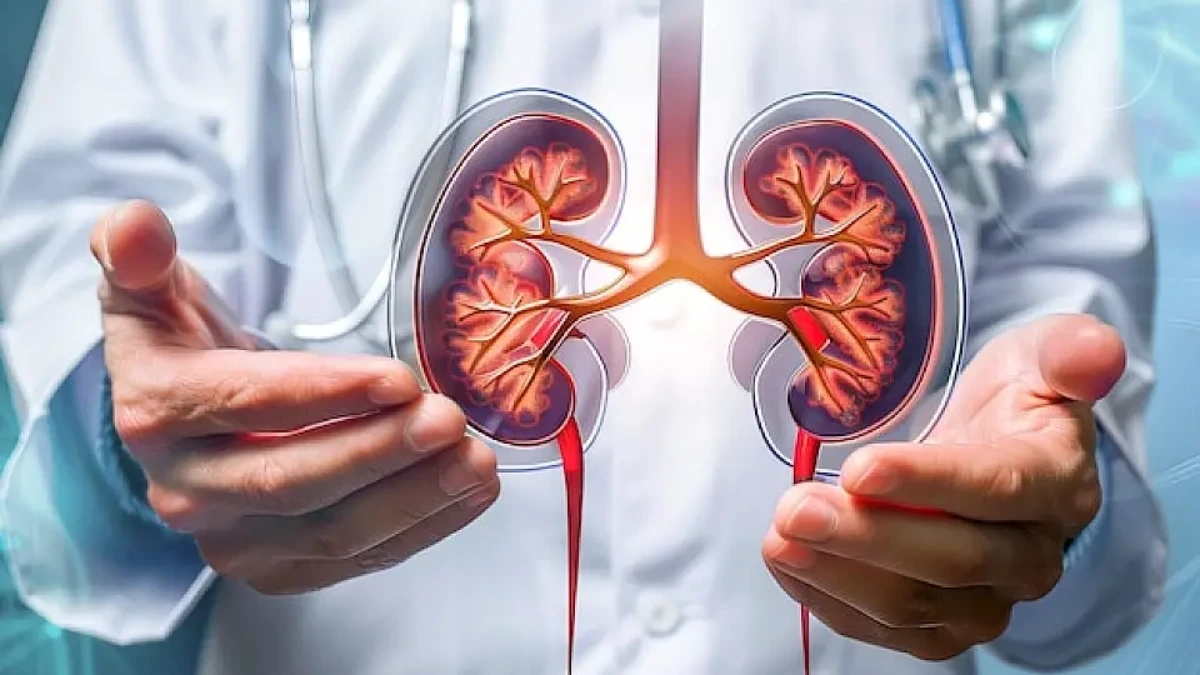Kidney cancer treatment in Turkey is well-regarded for its advanced medical technologies and experienced healthcare professionals. Turkey has become a preferred destination for patients from around the world seeking high-quality, affordable cancer care. This guide provides an in-depth look at the various aspects of kidney cancer, including its types, symptoms, and treatment options, particularly as they pertain to treatment in Turkey.
Understanding Kidney Cancer
What is Kidney Cancer?
Kidney cancer, medically termed renal cancer, originates in the kidneys—two small, bean-shaped organs located on each side of the spine beneath the ribs. These organs are responsible for filtering waste and excess fluids from the blood, which are then excreted as urine.
How Serious is Kidney Cancer?
The seriousness of kidney cancer varies based on its location, size, spread, and the patient’s overall health. Kidney cancer predominantly affects individuals over the age of 60.
Types of Kidney Cancer
Renal Cell Carcinoma (RCC)
Renal cell carcinoma is the most prevalent type of kidney cancer, representing 85% of cases. It typically presents as a single tumour and originates from the cells lining the kidney’s tubules. The clear cell variant is the most common subtype.
Transitional Cell Carcinoma
Transitional cell carcinoma accounts for 6% to 7% of kidney cancers and generally forms in the renal pelvis, where the ureter and kidney meet. This cancer can also affect the ureters or bladder.
Renal Sarcoma
Renal sarcoma is an infrequent form of kidney cancer, contributing to about 1% of cases, and begins in the kidney’s connective tissues, potentially spreading to other organs and bones if untreated.
Wilms Tumor
Common among children, Wilms tumour constitutes about 5% of kidney cancer cases, highlighting the need for specialized pediatric oncology care.
Symptoms of Kidney Cancer
Kidney cancer is often asymptomatic in its early stages, leading to diagnoses during unrelated examinations. When symptoms do emerge, they may include:
- Hematuria (blood in the urine)
- A palpable mass or swelling in the back or neck
- Persistent flank pain
- Unexplained weight loss and fatigue
- Fever and night sweats
Causes and Risk Factors
Kidney cancer risk factors encompass genetic predispositions and lifestyle factors. Individuals with a family history of the disease, smokers, or those with high BMI and high blood pressure are particularly at risk. Long-term dialysis also elevates the risk.
Reducing Kidney Cancer Risk
While prevention is not always feasible, adopting a healthy lifestyle, including maintaining a balanced diet, regular exercise, and abstaining from smoking, may lower kidney cancer risk.
Diagnostic Tests for Kidney Cancer
Upon suspicion of kidney cancer, various diagnostic tests may be conducted, such as:
- Ultrasound and CT Scans: These imaging tests provide detailed pictures of the kidneys, helping in identifying abnormalities.
- Cystoscopy: Inserting a camera through the urethra to visualize the bladder.
- Biopsy: Extracting tissue samples to confirm diagnosis.
What to Expect If Diagnosed with Kidney Cancer
Receiving a kidney cancer diagnosis can be daunting. It is advisable to bring a support person to appointments. The care team will include a clinical nurse specialist for ongoing support and to answer queries.
Kidney Cancer Staging
Staging is crucial in formulating a treatment plan and determining the cancer’s extent. Kidney cancer ranges from Stage 1 (localized to the kidney) to Stage 4 (spread beyond the kidney).
Treatment Options for Kidney Cancer in Turkey
Deciding on Treatment
A multidisciplinary team will recommend treatment based on cancer size, location, spread, and the patient’s health. Kidney treatment plans in Turkey may include:
- Surgery: Options include nephrectomy (removal of the kidney) or partial nephrectomy.
- Cryotherapy and Radiofrequency Ablation: These methods are applied when surgery is not viable, targeting cancer cells non-invasively.
- Targeted Therapy and Immunotherapy: Used to inhibit cancer growth, particularly in advanced stages.
- Radiotherapy and Chemotherapy: Though not commonly used for kidney cancer, they can help manage symptoms in advanced cases.
Advanced Kidney Cancer Management
In cases where a cure isn’t possible, treatment aims to extend life and relieve symptoms. Palliative care specialists will assist in managing symptoms and enhancing life quality.
Kidney Cancer Treatment in Turkey
With advanced treatment facilities and experienced medical practitioners, Turkey, particularly Istanbul, offers a cost-effective alternative for kidney cancer treatment. The country boasts a high success rate for kidney cancer surgeries and treatments, with cutting-edge technology and supportive care teams.
Cost and Success Rate of Kidney Cancer Treatment in Turkey
Turkey provides competitive pricing without compromising on the quality of care, making it an attractive option for international patients. The success rates are high, especially with early-stage cancers.
Conclusion
If you seek kidney cancer treatment in Turkey, Avicenna International Hospital stands out for its exemplary care and expertise. At Avicenna, you can expect a comprehensive approach to kidney cancer management, from accurate diagnosis to customized treatment plans and ongoing support. The hospital’s advanced diagnostic capabilities, including the latest imaging technologies and biopsy techniques, ensure precise staging and informed decision-making.
It depends on the stage and characteristics of the cancer. Options may include surgery (nephrectomy or partial nephrectomy), cryotherapy, radiofrequency ablation, targeted therapy, and immunotherapy. The treatment plan is customized based on the individual patient’s needs and preferences.
Avicenna International Hospital in Turkey is widely regarded as one of the best hospitals for kidney cancer treatment. The hospital offers state-of-the-art facilities, a team of experienced oncologists, and a comprehensive approach to care that includes advanced diagnostics, cutting-edge treatments, and personalized support.
es, Turkey, particularly Istanbul, has become a renowned destination for cancer treatment, including kidney cancer. The country offers advanced medical facilities, experienced oncologists, and competitive pricing without compromising on the quality of care. Turkey’s healthcare system has made significant strides in recent years, attracting patients from around the world seeking high-quality, affordable cancer treatment options.







